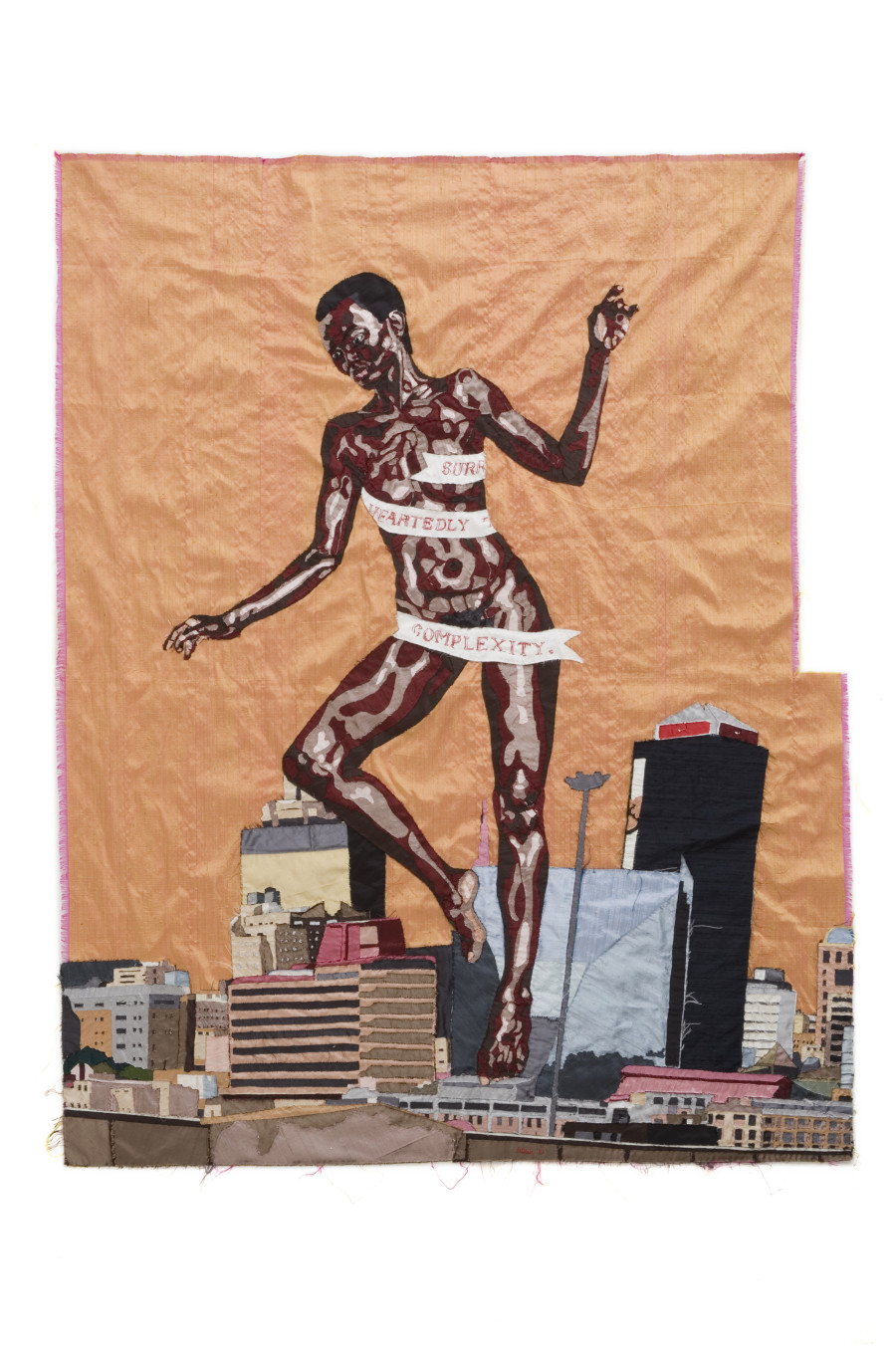by JOY ASASIRA

Emboldened by the overturning of Roe v Wade, Western conservative movements are dialling up their Africa campaigns.
Last year’s most notable decision affecting gender justice – the overturning of federal protection of the right to abortion in the US – happened more than 6,000 miles from Africa, but its impact was felt here too.
The US Supreme Court’s decision will affect legal, policy and public service spheres on the African continent. It will also intensify the ideological war to control women’s bodies and push LGBTIQ citizens further to the margins.
African states have diverse abortion policies. For example, in Cape Verde and South Africa, abortion is available on demand – in theory if not in practice, especially for poorer women. In Congo-Brazzaville, Egypt and Gabon, however, it is prohibited without any exceptions. Between those two poles are dozens of countries that allow terminations in some circumstances.
Following the US reversal of Roe v Wade, I was among the African gender justice advocates who feared a domino effect on the continent. That hasn’t happened. However, even though we haven’t seen any changes to the law to further restrict abortion access, the US decision has definitely re-energised anti-abortion narratives.
After all, the loudest and most active conservative voices and efforts in Africa are often closely linked to the far right in the US and Europe.
Big wins for US conservatives on the home front will no doubt free up funds to invest in frustrating progress elsewhere, including Africa. In the past, US conservatives have funded efforts in Malawi to dissuade the national parliament from expanding the circumstances in which abortion is permitted.
Looking forward to 2023 and beyond, Africa’s feminist movements will have to reinvest in their own defence of bodily autonomy, in accordance with the Maputo Protocol. Adopted by the African Union in 2003, this treaty obliges countries to legalise medical abortion in cases of sexual assault, rape, incest, and where the pregnancy endangers the health or life of the mother or the foetus isn’t viable. But the ideological war extends beyond the control of pregnant bodies.
The newly elected president of Kenya, William Ruto, is a controversial figure who has branded himself a Christian nationalist and spoken out against homosexuality. His first executive order restricted state recognition of a family to heterosexual couples. This policy has been a priority for conservative Western movements active in Kenya, such as Spain’s CitizenGo.
Progressive International for more
